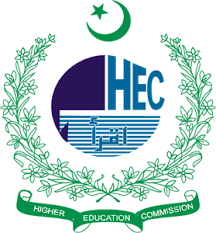Urdu: Origin, Evolution, Muslim Identity and Challenges Today
Abstract
The article under consideration delineates on the origin of the Urdu language and how it came into being. Urdu represents an intermingling of multiple cultures and languages and mirrors India’s secularism. The word “Urdu” has been taken from the Turkish language and means “camp” or “army” with its followers. It is believed that the language developed through interactions with Mughal soldiers who belonged to various ethnicities like Turks, Persians, Arabs, Afghans, Rajputs, and Jats. Through the interactions of these soldiers, who spoke different languages and dialects, slowly and gradually a new language came into being which eventually evolved into modern-day Urdu. However, at the same time, many argue that the notion that a new language can emerge by the mixing of several languages is impossible. We can bring forth the idea that a language can be strengthened by its surroundings and can be influenced by other languages but even so, the merging of multiple languages cannot generate an entirely new way of speaking. The development and evolution of any language are dependent on the development and evolution of its society. It is influenced by events that alter the conditions of the society, in this regard, Urdu is no exception. Due to these factors, Urdu has undergone multiple stages of development and has experienced various titles ranging from Urdu-e-Maullah to Rekha to Dehlavi and then finally to Urdu. Having gone through multiple stages of development, Urdu eventually became a weapon of great flexibility and strength that could be wielded for any literary purpose.
Keywords: Urdu, Persian, Pakistan, Islam, Identity









